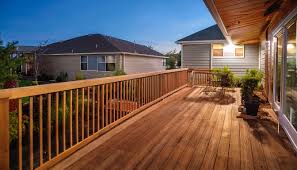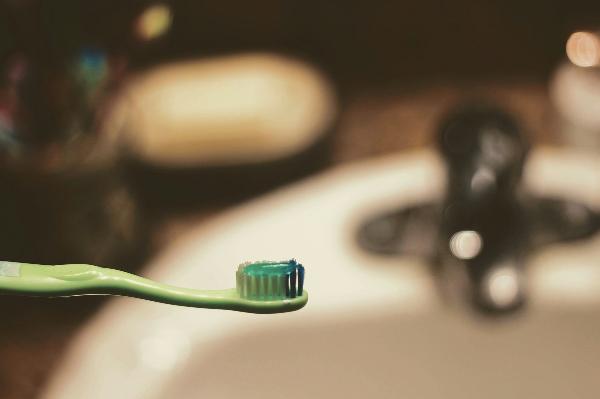Understanding Californias Balcony & Deck Inspection Laws: SB 326 & SB 721
California has taken significant steps to ensure the safety of its residents by implementing two important laws, SB 326 and SB 721, which address the safety of exterior elevated elements (EEEs) in multifamily housing. These laws require periodic inspections of decks, balconies, staircases, and walkways to prevent structural failures and ensure the safety of occupants. Whether you're a member of a homeowners association (HOA) or an owner of an apartment building, understanding these laws is crucial for compliance and building safety.
What is SB 326? SB 326 (Senate Bill 326), passed in 2019, applies to common interest developments such as condominiums and townhouses managed by HOAs. It mandates that structural elements like balconies, decks, stairways, and walkways that are supported primarily by wood and accessible to residents must be inspected every nine years. The law was enacted in response to structural failures that led to serious injuries and fatalities, highlighting the need for proactive inspection and maintenance of elevated structures.

Key Requirements of SB 326:
- Applies to HOAs and common interest developments.
- First inspections were due by January 1, 2025.
- Requires qualified inspectors to evaluate 95% of all applicable elements.
- Inspections must be repeated every nine years.
What is SB 721? SB 721 (Senate Bill 721), also known as the "Apartment Balcony Law," was passed in 2018 and applies to apartment buildings with three or more units. It requires property owners to conduct regular inspections of exterior elevated elements to ensure structural integrity. Just like SB 326, SB 721 inspections aim to identify damage such as dry rot, water intrusion, or other structural deficiencies that could pose risks to residents.

Key Requirements of SB 721:
- Applies to apartment buildings with three or more units.
- First inspections were due by January 1, 2025.
- Inspections are required every six years.
- Inspections must be performed by licensed professionals such as architects, structural engineers, or general contractors.
- Failure to comply with SB 721 may result in fines and legal liability if injuries occur due to uninspected or unsafe structures.
Why Balcony, Deck & Staircase Inspections Matter Regular deck inspections, balcony inspections, and staircase inspections are not only required by law in many cases but also play a vital role in protecting the safety and well-being of building residents. The benefits of routine inspections include:

- Safety First: Identify and correct structural problems before accidents occur.
- Legal Compliance: Avoid fines and penalties by adhering to SB 326 and SB 721.
- Maintenance Planning: Get early insight into which elements may need repair or replacement.
- Insurance Requirements: Some insurers may require documentation of regular inspections.
- Preserve Property Value: Well-maintained structures contribute to the overall value of your property.
Who Can Perform These Inspections? Both SB 326 and SB 721 specify who is qualified to perform these inspections:
- Licensed Architects
SB 326 and SB791 have significantly refined the state's guidelines for balcony & deck inspections in California, ensuring public safety while maintaining property owners’ rights. This comprehensive legislation provides much-needed clarity on compliance standards.
To ensure compliance and safety when it comes to balcony & deck installations in California, understanding SB 326 alongside new guidelines set forth by SB719 has become crucial for homeowners. These laws have significantly refined inspection standards.














